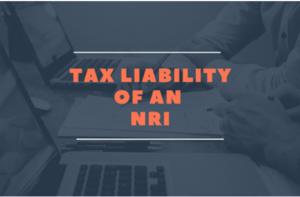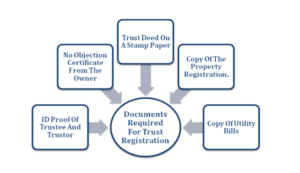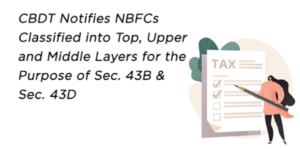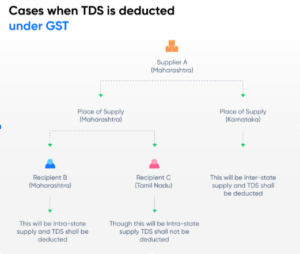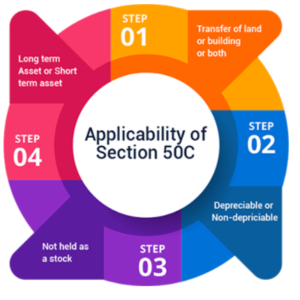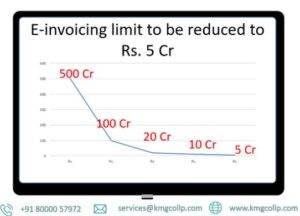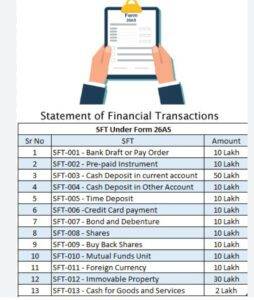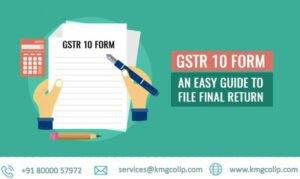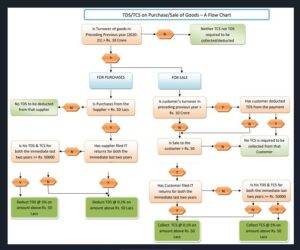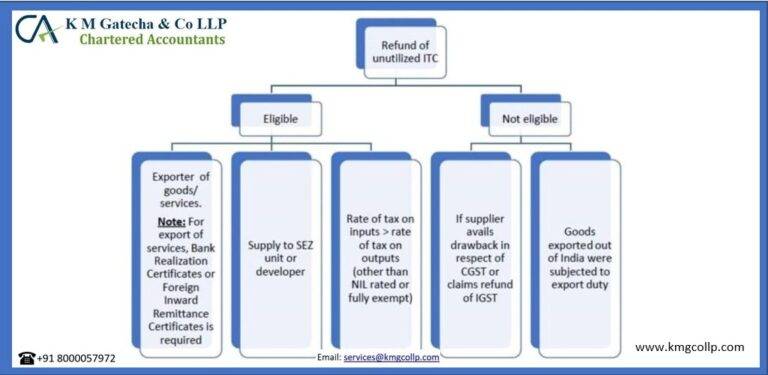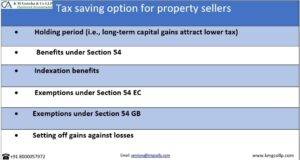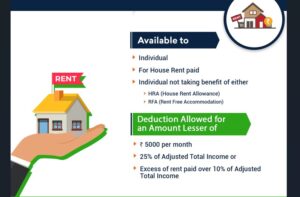
We are aware that the life insurance policy comes with a number of benefits, one of which is a tax benefit. The tax benefit can be taken as a tax deduction or as an exemption from paying taxes. The income tax deduction is provided by section 80C, while the income tax exemption is provided by section 10(10D).
Under the current article, we would evaluate the income tax exemption available under provisions of section 10(10D) of the Income Tax Act.
Analyzing the exemption provisions of section 10(10D)–
Provisions of section 10(10D) of the Income Tax Act exempts any amount received under a life insurance policy. Such amount also includes the sum allocated in the form of bonus on such policy.
The following can be concluded by summing up the provisions of section 10(10D)–
- Exemption under section 10(10D) is available on any amount received under a life insurance policy. Such amount includes death benefits, maturity benefits and, accrued bonus.
- The exemption is available on all the forms of life insurance policy claims.
- The entire amount received under a life insurance policy is exempt under section 10(10D). Meaning thereby that there is no upper limit applicable to the claim against the life insurance policy.
- There are certain exceptional cases, wherein, the exemption is not available under section 10(10D) [the same are listed below].
Exclusions under section 10(10D) of the Income Tax Act–
Exemption under section 10(10D) of the Income Tax Act is not available under the following circumstances-
- Any sum received under section 80DD(3) of the Income Tax Act. Any sum received under section 80DDA(3) of the Income Tax Act.
- Any amount received under the Keyman Insurance Policy. Please note ‘Keyman Insurance Policy’ means the life insurance policy taken by a person-
On the life of another person who is (or was) the employee of the first mentioned person; or
On the life of another person who is (or was) connected, in any manner, with the business of the first mentioned person.
- Any sum received under an insurance policy, if the following criteria are satisfied-
Sr. No. | Criteria of the period of issue of insurance policy | Criteria of premium |
1 | The insurance policy issued on or after 1 April 2003 but on or before 31 March 2012 | The premium payable, exceeds 20% of the actual capital sum assured, for any of the years (during the term of the policy). |
2 | The insurance policy issued on or after 1April 2012 | The premium payable, exceeds 10% of the actual capital sum assured, for any of the years (during the term of the policy). |
Further, it is also relevant to note here that in sr. no. 2 above (under criteria of premium) the premium payable, for any of the years, exceeds 15% (instead of 10%) of the actual capital sum assured would be applicable in case the following points are satisfied-
- The insurance policy issued on or after 1st April 2013; and
- The insurance policy is in respect of the life insurance of-
The person with a disability or the person with severe disability (as referred under section 80U); or
The person suffering from disease or ailment as referred in rules made under section 80DDB.
It is essential to keep in mind that any sum received upon a person’s death is exempt under section 10(10D, even if the criteria listed in the table above at sr. no. 1 or sr. no. 2 is fulfilled).
Table – Articles on Section 10 Exemptions
Sr. No. | Particulars |
1 | Section 10(1)– Exemption to Agricultural Income |
2 | Section 10(2) Exemption to amount received by co-parcener from HUF |
3 | Section 10(2A) Exemption towards share of income from firm/LLP |
4 | Exemptions towards interest to non-residents | Section 10(4) & 10(4B) |
5 | Exemption on Tax paid by Govt or Indian concern on certain income of a foreign company |
6 | Section 10(7) Perquisites/allowances exemption to Govt employees serving outside India |
7 | Exemption- Section 10(8A) & section 10(8B) of Income Tax Act |
8 | Exemption towards commuted value of pension Section 10(10A) |
9 | Exemption towards retrenchment compensation received by workman Section 10(10B) |
10 | Section 10(10BC) Exemption towards compensation received on account of any disaster |
11 | Section 10(10C) Exemption of amount received on voluntary retirement |
12 | Exemption towards tax paid by employer on non-monetary perquisites: Section 10(10CC) |
13 | Section 10(10D) Exemption towards amount received under a Life Insurance Policy |
14 | Exemption for amount received from Statutory & Recognized PF |
15 | Exemption for payment from approved superannuation fund Section 10(13) |
16 | Income Tax Exemption on prescribed allowances/ benefits | Section 10(14) |
17 | Section 10(15) Exemption- Interest on Bonds, Debentures, Securities |
18 | Scholarship exemption | Section 10(16) | Income Tax Act 1961 |
19 | Exemption towards income for administration of Charitable or Religious Institution |
20 | Section 10(32) Exemption | Income of minor clubbed with parent |
21 | Exemption for dividend income received from Indian Company | Section 10(34) |
22 | Section 10(34A) Exemption towards income received by a shareholder on buy back of shares |
23 | Section 10(35) Exemption towards income received from units |
24 | Section 10(37) Exemption towards Capital Gain arising on Compulsory Acquisition of Urban Agricultural Land |
FAQs
When a life insurance policy is exempt from tax?
When the premium paid on the life insurance policy does not exceed 10% of the sum assured for policies issued after 1 April 2012, the amount received on the death of the insured or maturity/surrender of the life insurance policy is fully exempt from tax under Section 10 (10D).
What is the exemption under Section 10 (10d) of the Income Tax Act?
Exemption under section 10 (10D) of the Income Tax Act is not available under the following circumstances- 1. Any sum received under section 80DD (3) of the Income Tax Act. Any sum received under section 80DDA (3) of the Income Tax Act. 2. Any amount received under the Keyman Insurance Policy.
Do we need to pay taxes on the life insurance maturity amount?
As per Section 10(10D), the payment made on surrender or maturity of an insurance policy or at the time of a policyholder’s demise will be tax fee. However, you need to satisfy the following conditions:
In the case of insurance policies issued prior to April 1, 2012, the sum assured will have to be 20 times (minimum) the premium.
In the case of insurance policies issued after April 1, 2012, the premium amount should not go beyond 10% of the sum assured.
Disclaimer: The materials provided herein are for informational purposes only and do not constitute legal, financial, or professional advice. Consult relevant laws and experts before acting on this information. Neither the author nor K M GATECHA & CO LLP is liable for any inaccuracies or omissions. This material is purely educational and not an advertisement or solicitation.




Table of Contents
Toggle








